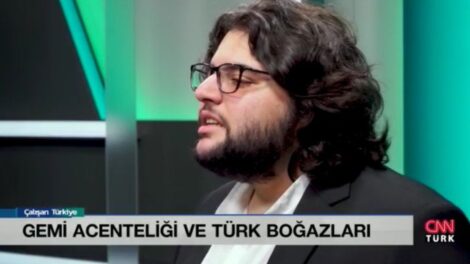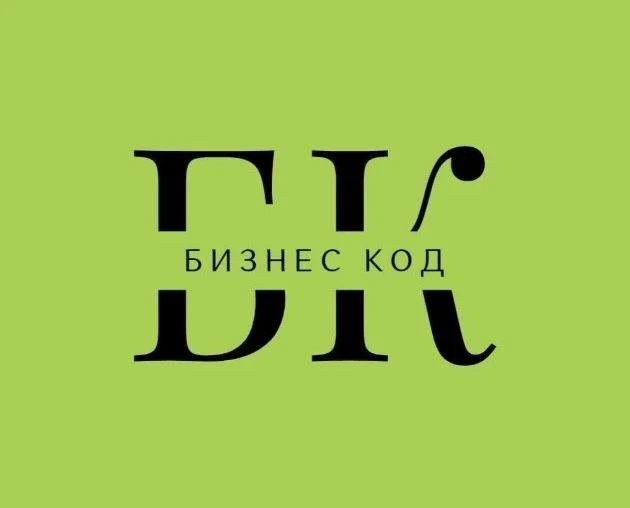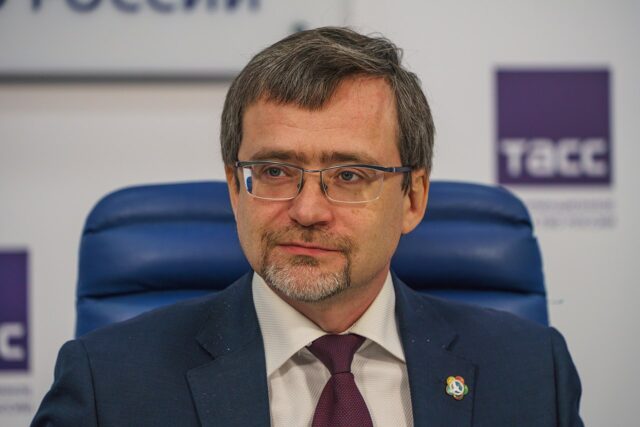A view from the other side. How Turkish experts assess the prospects for Russian-Turkish relations
 Бизнес код
Бизнес код
After the 2023 Turkish Elections As mentioned briefly in the previous article, Russia – Turkey relations are at their best since the 1920s. This is due to an alignment of shared concerns regarding Western expansionism and a mutual understanding of each other’s geopolitical positions. The bilateral relations between the two nations have been characterized by an asymmetrical nature, with Turkey increasingly depending on Russia for energy security and trade output. However, the dynamics of this relationship underwent a significant shift in the aftermath of Russia’s special military operation in Ukraine.
Currently, Russia finds itself in a state of isolation from Western nations, with the diplomatic progress achieved through the joint efforts of Putin and Merkel appearing to have gone to waste. Russia’s alleged cruelty is condemned almost daily which, in this author’s opinion, indicates a concerted effort to garner sufficient public support for a potential full-scale war between Western nations and Russia. Consequently, Russia has intensified its endeavors to enhance its relations with non-aligned nations that aren’t affiliated with the Western bloc. China, India, and Iran were deemed suitable collaborators for this undertaking, given that Putin had preemptively fostered friendly relations with these countries over the last two decades.
Turkey, however, presented a unique challenge that required a combination of some luck and diplomatic skill to succeed (the 2016 coup attempt and the fruitful diplomacy between the two nations that followed). Erdogan holds the United States responsible for tolerating (if not actively backing) the coup attempt that took place in 2016, similar to how Putin blames the West for the «color revolution» that took place in Russia. Their distrust toward the West would facilitate a greater level of understanding between the two leaders than before which would shape the Russia – Turkey relations for the next decade.
As previously noted, Turkey experienced a significant economic dependence on Russia during this period. However, Russia’s military intervention in Ukraine had caused a change in this status quo. As its list of ‘friendly countries’ grows thin, Russia needs Turkey just as much as Turkey needs Russia. This was made more apparent by Russia’s keen interest in the Turkish presidential elections and significant support for Erdogan. Despite the challenging economic climate, currency devaluation, the influx of refugees and resulting sociological challenges, Erdogan was able to secure another electoral victory, largely due to the gross incompetence of the opposition.
The long-term prospects of Turkey’s financial situation over the next five years are a topic of discussion, given the potential implications of President Erdogan’s continued adherence to the current fiscal policy. In any case, the outcome of the elections bodes well for the future of Turkey-Russia relations, as it is expected to facilitate a deeper level of cooperation between the two nations across various spheres. The prospects of Turkey’s involvement in the Western bloc appear increasingly bleak due to the challenges that Erdogan’s administration faces with NATO member states.
It is anticipated by this author that these challenges will persist as Turkey endeavors to attain greater autonomy from the West and strengthen its ties with Russia amidst the ongoing military operation in Ukraine. It is unlikely for the West to hit Turkey with sanctions for a while either as it’s a key player in the Black Sea region as well as one of the main candidates for mediating a ceasefire in Ukraine (Turkey will likely continue to serve as a crucial mediator in the triangular relationship between Ukraine, Russia, and the West. This is due to the fact that no other party has been able to effectively fulfil this challenging role and yield tangible results).
Therefore, most likely they will tolerate Turkey tacitly helping Russia evade sanctions for some time. Russia is also expected to play a significant role in the process of integrating Turkey into Eastern trade alliances and diplomacies. Subsequent to the recent reconciliation with Egypt, it is probable that in the upcoming months, Erdogan will seek to establish normalized relations with Syria, likely with the assistance of Putin. Once Ankara improves its relations with Damascus, some of the Syrian refugees in Turkey will be relocated to a safe zone along the Turkish border as per Erdogan’s plan.
These probable advancements are attributable to the increasingly isolationist and indecisive policies of the Biden administration, coupled with the current state of disunity within the European Union which allows Turkey to act more autonomously. Although Turkey will certainly get closer to the eastern bloc, Erdogan will likely persist in his signature foreign policy strategy of maintaining a dual approach and refraining from entirely severing ties with the Western world. The conservative standpoint, as displayed by Erdogan, regards Turkey’s position as a subordinate member of a trans-Atlantic alliance that is largely controlled by the United States quite unfavorably.
Erdogan and the far right in Turkey have a vision of revitalizing the Turkish sphere of influence, with the aim of exerting dominance across three continents. Having held the position of head of government for two decades, they have been able to imbue the nation with this particular standpoint. Despite the current disagreements between Turkey and NATO member states, Erdogan’s current policy does not entail withdrawal from NATO, but rather a reorientation of perspective. Although Turkey is a member of NATO, Erdogan envisions a different future for the country where it can maintain its membership (and utilize it in international relations) while being free from concerns regarding the opinions of other members.
One of the main reasons for this dual approach is that in contrast to Russia, Turkey’s economy exhibits a significant dependence on the United States dollar and Euro, with over 50% of its trade being conducted with European nations. Hence, unless Turkey diversifies its trade with Eastern countries (e.g. joining The Shanghai Cooperation Organization), it is probable that the United States will issue sanctions against Erdogan once the conflict in Ukraine is over, similar to the actions taken by former President Trump during his tenure.
In such an event, Turkey would be compelled to adhere to decisions that could potentially be unfavorable for Russia. Fortunately, Russia has a decent understanding of Turkey’s position, thus bilateral relations are unlikely to be seriously harmed. Perhaps in an effort to mitigate the potential economic challenges that may arise from the aforementioned sanctions, both nations have significantly expanded their trade volume in 2022, reportedly reaching an all-time high of $62 billion.
As discussed in the previous articles, in addition to the gas-pipeline initiatives that aim to turn Turkey into a major gas hub, and private sector investments, the Akkuyu Nuclear Power Plant, which represents the most significant joint investment between the two countries, is expected to be fully operational by 2028. It is probable that this initial substantial joint investment will pave the way for subsequent similar ventures between the nations, ultimately diminishing the hold of Western countries over Turkey and allowing the latter even greater autonomy. While the prospects for future relations between the nations appear promising, there exist plausible challenges that cannot be overlooked.
The ability of Putin and Erdogan (or their respective successors) to manage the ever-expanding number of potential crises and friction points between their two states is critical to the future position of the Russian-Turkish relationship. As mentioned in the previous articles, the highly individualistic character of decision-making between the two countries has a downside of increased volatility in relations. Although currently, both countries need each other more than ever, Erdogan might do one of his famous ‘u turns’ should he see the opportunity or the incentive (potentially provided by Western countries) — essentially making him an unreliable partner to place all the stakes on for the future of bilateral relations.
The opposite is also possible in which case Putin (or his successor) would no longer find the bilateral relations with Turkey beneficial for Russia perhaps due to clashes of interests and/or Turkey emerging as a rival in a new, less Western-centric world order. Even before that, financial challenges may cause both leaders to scale down some of their more ambitious goals. This is especially true in Turkey, where the currency has fallen sharply against the U.S. dollar in the last two years and is continuing to fall. Presently, Turkey is facing a challenging period characterized by considerable ambiguity regarding what lies ahead, which may potentially result in civil unrest. In order to foster a sustainable bilateral relationship between two nations, the author proposes enhancing democratic institutions and prioritizing the utilization of scientific and rational methodologies as the primary framework for decision-making, particularly with regard to financial policies.
It is only through the establishment of a sound foundation that future generations may nurture and enhance the diplomatic ties between Turkey and Russia. Still, at least in the short-medium term, both Russia and Turkey are likely to maintain their commitment to playing a prominent role in their respective regions, while strengthening ties with one another and increasing strategic autonomy outside of Western institutions, or, in the case of Turkey, at the periphery of such institutions.
The opinion of the author may differ from the position of the information agency «Business Code»


